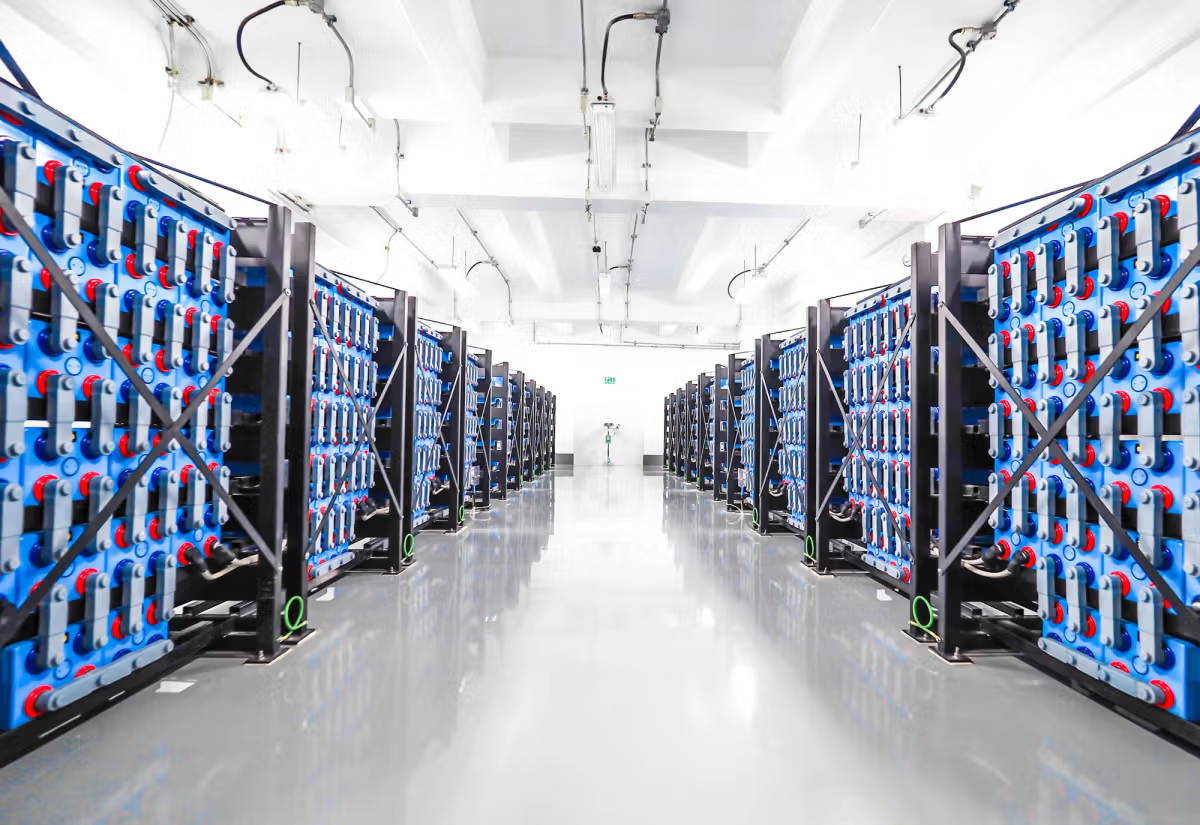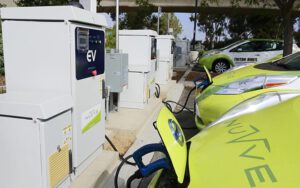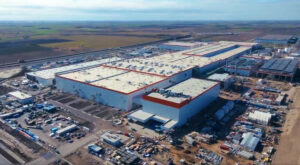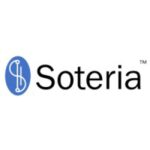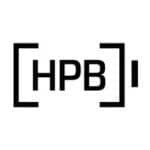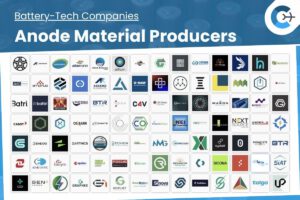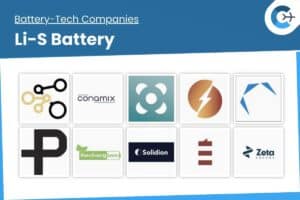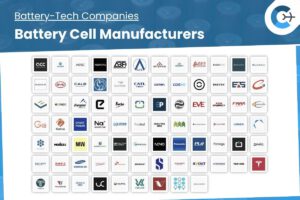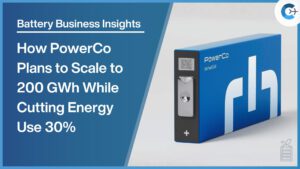Energy storage systems (ESS) present a significant growth opportunity for South Korean battery manufacturers in the United States, largely influenced by U.S. President Donald Trump’s tariff policies targeting China. The demand for ESS is increasing in North America, driven by the expansion of AI-driven data centers and renewable energy projects such as solar and wind power. China’s dominance in the ESS market is being challenged due to the imposition of a 45 percent tariff on Chinese batteries and components, limiting their access to the U.S. market.
LG Energy Solution, South Korea’s largest battery manufacturer, recently signed a deal with Taiwan-based Delta Electronics valued at up to approximately 1 trillion won ($682 million). This agreement involves the supply of around 4 gigawatt-hours of residential ESS batteries over five years for the U.S. market, which equates to the daily electricity usage of 400,000 households. Additionally, LG Energy Solution announced a contract with Poland’s largest state-owned energy company, PGE Polska Grupa Energetyczna, to supply nearly 1 gigawatt-hour of grid-scale ESS batteries between 2026 and 2027. Last year, the company secured ESS agreements worth up to 2 trillion won each with Minnesota-based Excelsior Energy Capital and New York’s Terra-Gen.
Historically, South Korea held a dominant position in the ESS market, capturing over 70 percent of the share by focusing on premium nickel cobalt manganese batteries for electric vehicles (EVs). However, the market share was significantly eroded by Chinese companies like Contemporary Amperex Technology Co. Limited (CATL) and BYD, which offered more affordable lithium iron phosphate (LFP) batteries. Analyst Han Byeong-hwa from Eugene Investment & Securities noted that the 45 percent tariffs on Chinese LFP batteries have reduced their price competitiveness in the U.S., allowing South Korean manufacturers to increase their market presence, especially as they have established local production of LFP batteries.
LG Energy Solution is expanding its manufacturing capabilities with an LFP battery plant in Holland, Michigan, scheduled to begin production in the latter half of the year. Concurrently, the company has paused construction at a plant in Arizona to manage supply effectively. CEO Kim Dong-myung has committed to increasing ESS battery sales fivefold by 2028 by shifting focus away from EV batteries.
Market research firm SNE Research projects that the global ESS market will grow at an annual rate of 35 percent, reaching $80 billion by 2035. Samsung SDI has also entered the market with a deal worth up to 437.4 billion won ($300 million) with Florida-based NextEra Energy, part of a broader agreement valued at 1 trillion won. Samsung SDI is expanding its LFP battery production in Ulsan and is considering establishing a plant in North America. SK On is expected to make a substantial entry into the ESS market in 2026, although it has not yet announced specific plans for LFP batteries.
Source: Korea Joongang Daily

